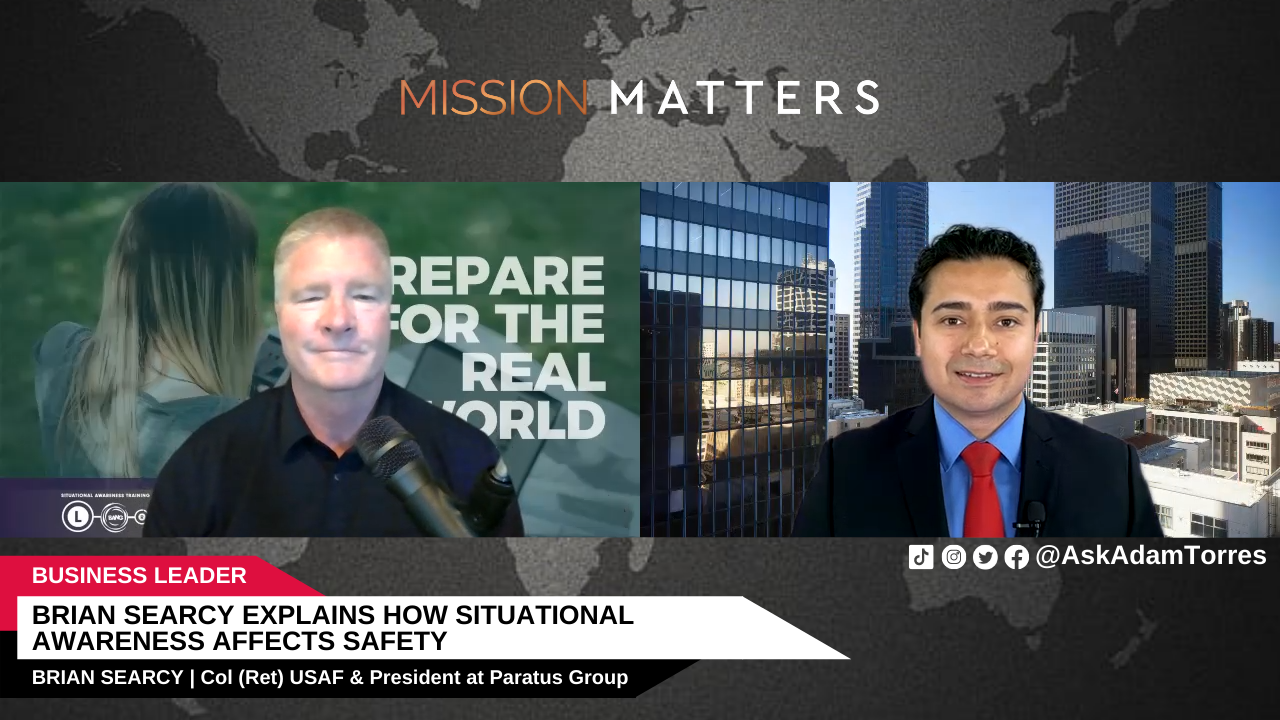
[ad_1]

At the Paratus Group, Searcy and his team focus on teaching situational awareness with regard to safety in crisis situations.
“We’re trying to empower the ability to learn situational awareness to prevent bad things from happening,” Searcy says. When you learn situational awareness as a process, he explains, you are not only able to prevent bad things from happening; you prepare yourself to respond as well.
“We are on a mission to educate people that the traditional training we have been doing for over 30 years doesn’t work, and you don’t learn situational awareness and are not educated about the threats; you need to have a training program that empowers people to learn habits, behaviors, a new mindset, and processes that surround situational awareness. As threats are on the rise, we need to change the paradigm of how we deal with them.”
Situation awareness, Searcy explains, is the experience of knowing what’s going on around you, using a variety of perceptive abilities to understand what’s happening. Using it as a cornerstone of its programs, Paratus Group focuses on ten critical skills, including self-awareness, perception, perspective, active listening, critical thinking, learning agility, decisiveness, communication, humility and empathy.
One process Searcy recommends is running through hypothetical crisis situations and asking, “Okay, if anything bad happened today, what would I do?” The repetition of exercises like this, he explains, are an example of how you develop “a habit and a mindset.”
Paratus Group co-creates courses with businesses, schools and churches, providing programs to train the leadership and the team members. In addition, the Paratus Group has specific programs – for parents, high school students, college students, and…
[ad_2]